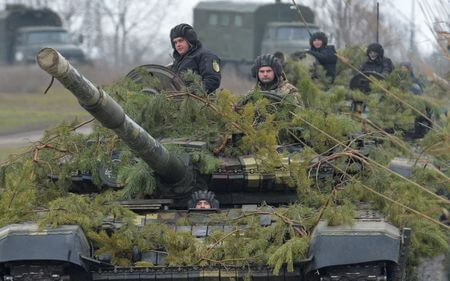
Ukraine Crisis : India’s Position – ‘Take No Sides’

Rising tensions in Europe around Ukraine is adding to the geopolitical complexities facing the world today. With Covid-19 still causing ravages in Europe and the US this would hardly be the time to raise the spectre of a military conflict in the transatlantic space.
Seen from a distant geography these tensions appear uncalled for. The stakes in the tussle around Ukraine do not seem to be high enough to justify diverting attention from the real challenges facing the international community relating to the pandemic, climate change, globalisation imbalances, reform of international institutions, erosion of the global trading system, restoration of multilateralism, the impact of new technologies, the increasing rich-poor divide, and so on.
The Ukraine crisis is a product of the dissolution of the Soviet Union, the sense of triumph in the western camp that has endured, and the opportunity provided to permanently constrain Russian power by extending the military and economic reach of the West as close its borders through NATO and the EU. While the case for incorporating the erstwhile members of the Warsaw Pact into the western alliance may have had some justification despite the verbal assurances to Gorbachev that NATO would not be extended beyond Germany after its reunification, the steady extension of NATO to the Baltic states and the Balkans was as a further encroachment into Russia’s security perimeter.
The decision to open the doors of NATO membership to Georgia and Ukraine was fraught with risk but the West deliberately opened up this pressure point on Russia to further isolate it from Europe. This has been accompanied by attacks on Russia’s political system, support for dissidents in the name of democracy promotion and the demonization of Putin with the consolidation of his grip over power. Russia has been subject to repeated rounds of expulsion of diplomats and sanctions, with no lessons learnt when Russia has reacted proportionately, has weathered the sanctions, moved eastwards towards China to offset western pressure and even contributing to building China’s economic and military strength to the detriment of US and European power.
Russia drew a redline in Georgia by intervening militarily when its leadership was encouraged to challenge Russian power with assumed US/NATO backing. This lesson was ignored and a much more serious situation was created in Ukraine with the colour revolution, the ouster of the pro-Russian President Yanukovich in a coup d’état, giving reason to Russia to annex Crimea (made part of Ukraine in 1954 by Khrushchev) as a move to protect its maritime security in the Black Sea. The internal ethnic, religious and linguistic divisions in Ukraine have been leveraged by the West for its own geopolitical ends while Russia has reacted to protect the Russian ethnic and linguistic minorities in eastern Ukraine.
The West’s argument that the people of Ukraine must be free to choose their future is fine as a principle so long as decisions are based on a national consensus, are not seriously divisive internally, and the choice is neither manipulated from outside nor generates regional tensions and threaten peace. If Russia is seeking to preserve a sphere of influence by opposing Ukraine’s NATO or EU membership, NATO and the EU can be similarly accused of wanting to extend their sphere of influence right up to Russia’s borders. If domestic politics in the US and Europe compel them to support Ukraine, Putin too has to be sensitive to the demands of public opinion in Russia on an issue considered vital.
Russia’s annexation of Crimea can have arguments for and against, but to denounce it vociferously because it is the first time that the map of Europe has been changed since the 2nd World War is being disingenuous. Yugoslavia got fragmented into several countries, many of whom have become EU and NATO members. Czechoslovakia splintered into two separate countries. The Soviet Union itself broke up into several independent countries. Further afield, India was divided in 1947 and Pakistan itself in 1971 with the creation of Bangladesh. East Timor broke away from Indonesia in 2002. Eritrea broke away from Ethiopia in 1993. South Sudan became a separate state in 2011. Kurdistan in Iraq, although autonomous, is virtually free.
Russia as the biggest country in the world even today does not on the face of it need more territory. Protecting the nation’s external security and those aspects of internal security linked to external interference is another matter. It is as much a responsibility for Russia as it is for the US and Europe to find grounds for entente and harmonise their core interests. Ideally, after the Soviet Union’s collapse, Russia could have been integrated into a wider European and transatlantic security framework, but that opportunity was lost.
Russia and Europe have complementaries that could have been the foundation of a new relationship. Russia possesses huge natural resources, especially oil and gas that Europe needs, and the West has modernising technologies in which Russia is deficient. Today, however, any form of dependance on Russia is seen as a threat, as the debate over European gas dependence on Russia shows. The argument that a direct gas pipeline from Russia to Germany is politically objectionable because Ukraine is bypassed shows the undercurrents of toxic geopolitics at work in Russia-Europe ties. The US role in opposing the completed Nord Stream 2 gas pipeline because of its own interest in supplying US natural gas to Europe testifies to this.
With China emerging as the biggest threat to US power and increasing realisation in the US that the technological gap between the two countries has become much narrower than was thought, the public sentiment towards China has changed. It is now seen as an adversary. Yet, the US attitude towards Russia remains hardline.
Both China and Russia are being treated as adversaries when America’s own power has relatively declined and there is realisation that even the Chinese challenge cannot be met by the US alone. This explains the American bid under Biden to shore up its alliances in Europe and the Pacific. Geopolitical logic would dictate that America avoids a two front situation at both ends of Eurasia, with Russia at one end and China at the other.
Over the unresolved Ukrainian crisis, with the Minsk agreements in a limbo and US positioning military advisers in Ukraine and supplying arms to the regime, Putin has brought matters to a head by positioning a large number of troops on the border with Ukraine, raising concerns about an imminent military operation. He has demanded written security guarantees from the US that NATO would not expand further into erstwhile Soviet states such as Georgia, Ukraine and Moldova, no IRBMs will be stationed in Europe and NATO will restrict its military activities in areas contiguous with Russia’s borders. Russia is also warning against efforts to bring Finland and Sweden into the NATO fold. Putin has seen four extensions of NATO under his watch. He has been clear that Ukraine’s membership of NATO is an absolute red line for Russia.
Negotiations with the US are slated for January on the written demands of Russia. It does not seem politically possible for the US to accept Russian demands as presented. Within the Administration at senior levels, the Democratic Party and the US Congress, not to mention think tank circles, sentiments towards Russia are deeply hostile. After the debacle in Afghanistan, succumbing to Russian demands will be seen as a further retreat of US power and a further erosion of America’s reliability as a protecting ally. It will have repercussions in the Pacific, where already existing doubts about US reliability will be strengthened.
Any accord with Russia, no doubt after US consultations with Europe, will nonetheless be galling for the Europeans, especially those like France who aspire for Europe’s strategic autonomy. Russia will have to make some concessions to the US and Europe in return. What these could be is not easy to surmise. The establishment of a new European security order will be a long drawn out affair, even if serious negotiations were to begin now.
For India, this Russia-US confrontation over Ukraine is most unwelcome. India’s ties with the US have expanded in many areas, making it the most important external partnership we have today in terms of the range of engagement, notwithstanding differences over several issues. Russia remains a vital partner even if the range of ties with it are much narrower in scope. India has to keep its ties with Russia in good shape not only for important bilateral reasons but also to maintain a balance in our foreign policy, avoid becoming overdependent on any one side as that will limit our strategic autonomy, as also to neutralise to some extent the consequences for us the deepening strategic ties between Russia and China. We cannot develop a credible Eurasian/Central Asian policy either without good understanding with Russia.
Already questions are being asked about India’s position if there is a US-Russian conflict over Ukraine, diplomatic or otherwise. The answer is clear: India need not take sides. It should follow a middle course, appeal for a peaceful, negotiated solution to differences, support the implementation of the Minsk agreements, and back the principle of equal and mutual security for all sides. We should call for respecting the sovereignty and independence of states, acceptance of diversity and protection of the rights of minorities. We should caution against any revival of bloc politics inherent in the expansion of military alliances, underline the deleterious consequences of a conflict in Europe for the rest of the world, including the fight against the pandemic and post-Covid economy recovery.
We should bear in mind our own experience of the neutral or cautious positions that Russia and the US and our other partners, including our neighbours, take on our differences with China and Pakistan, on the impact on our own security of US/Russian policies in Afghanistan, on the omission of any direct reference to Pakistan on the issue of cross border terrorism etc. Russia openly criticises our Indo-Pacific and Quad choices, while the US still courts Pakistan, threatens our defence ties with Russia and has impaired our ties with Iran.
***********
Disclaimer
The opinions expressed in this article are the author’s own and do not reflect the views of Chanakya Forum. All information provided in this article including timeliness, completeness, accuracy, suitability or validity of information referenced therein, is the sole responsibility of the author. www.chanakyaforum.com does not assume any responsibility for the same.
Chanakya Forum is now on . Click here to join our channel (@ChanakyaForum) and stay updated with the latest headlines and articles.
Important
We work round the clock to bring you the finest articles and updates from around the world. There is a team that works tirelessly to ensure that you have a seamless reading experience. But all this costs money. Please support us so that we keep doing what we do best. Happy Reading
Support Us



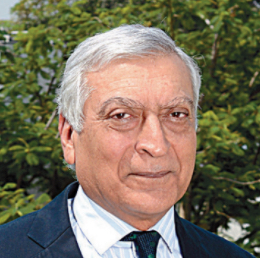

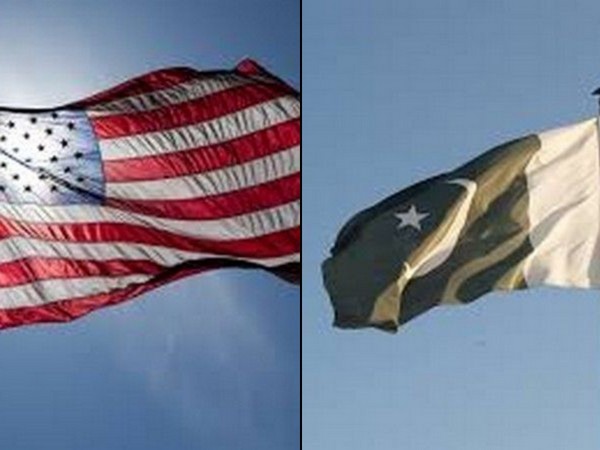
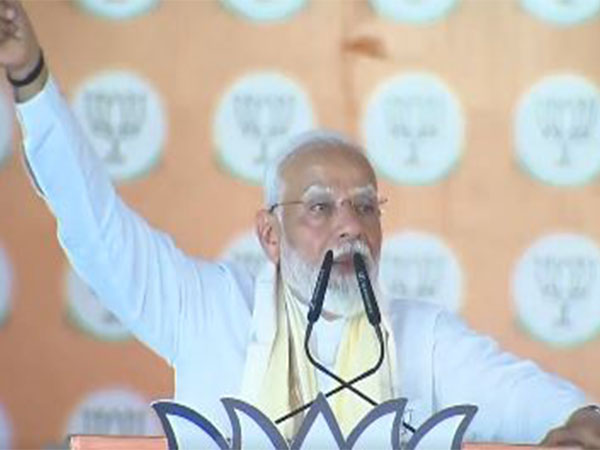
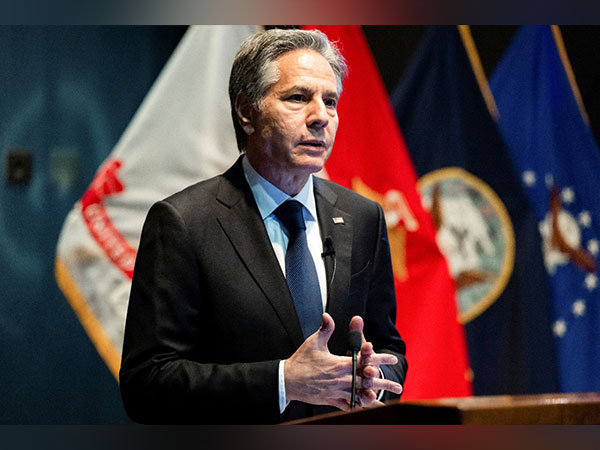
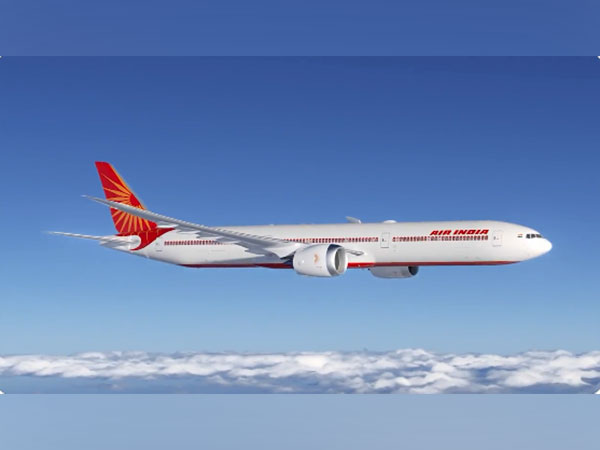
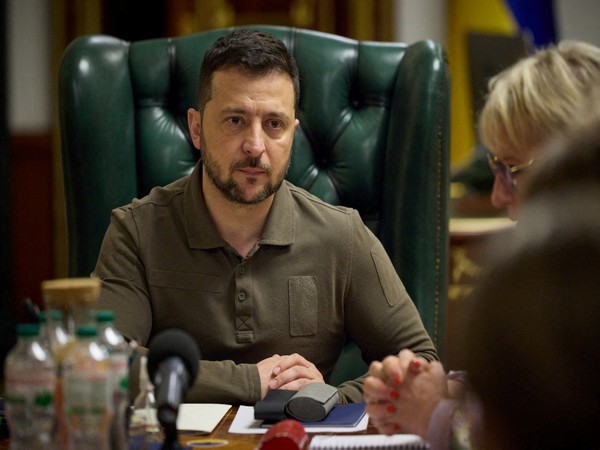
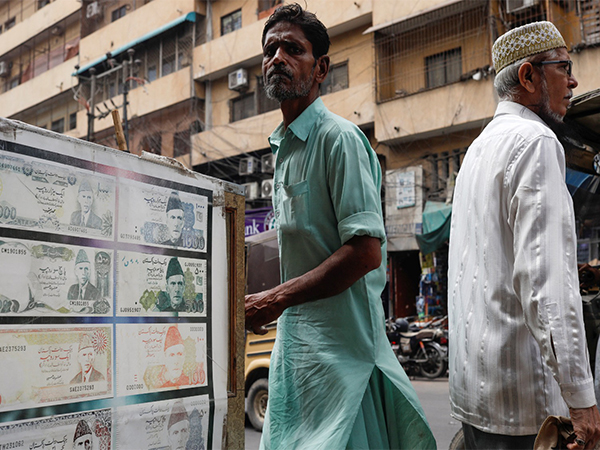
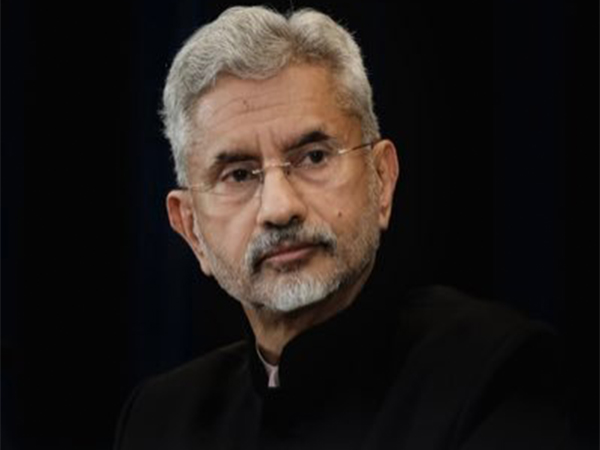
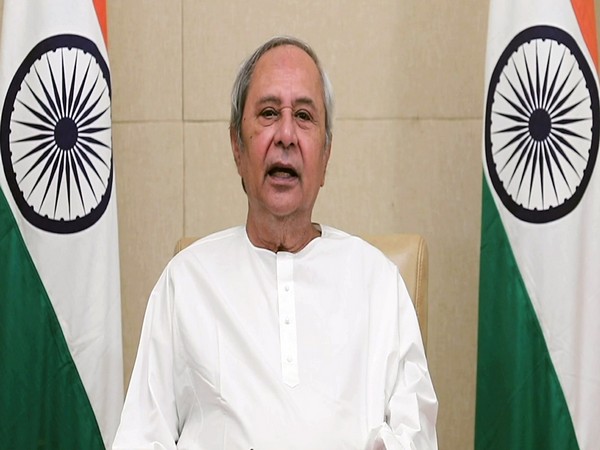
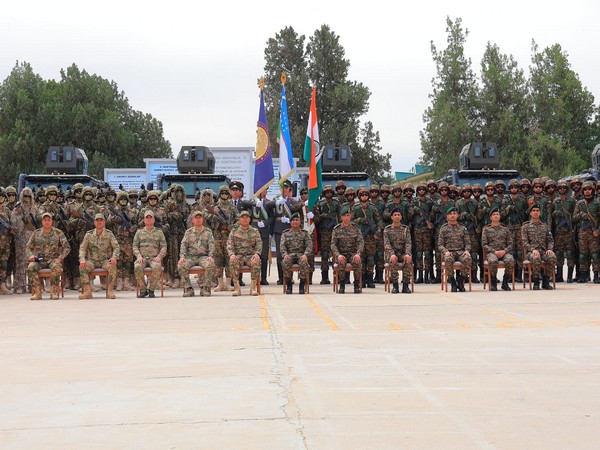
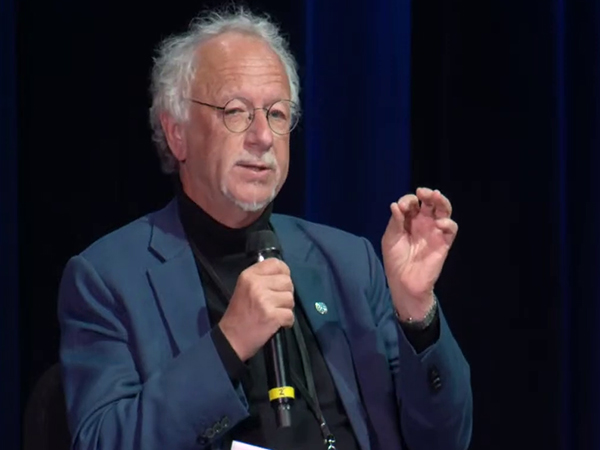






POST COMMENTS (1)
Kalidan Singh